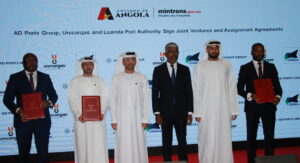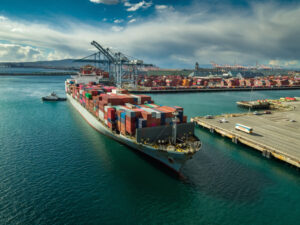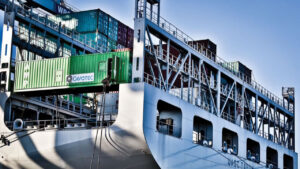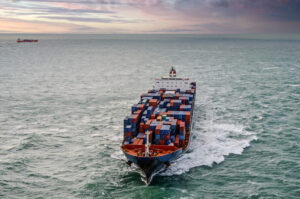In a bid to boost its ailing maritime infrastructure, Indonesia is planning to construct a deep-sea port in Kijing, which is anticipated to reduce logistics costs from 23.5% of GDP to 19.2%, according to the Journal of Commerce.
The Indonesian government’s ‘Port Development Master Plan’, focuses on six main ports, including Batam and Tanjung Perak.
The proposed international deep-sea port at Kijing is being constructed in order for the country to keep abreast of increasing cargo demand, which has had an annual growth rate of 4.6%.
According to Indonesian port developer PT Pelabuhan Indonesia (Pelindo) II, around US$88 million will be allocated for the development of both Kijing and Cirebon ports.
A feasibility study for the port is to be conducted by risk-assessment company BMT Asia Pacific.
Mark Yong, director of BMT Asia Pacific, said: “The Kijing Deepwater Port is proposed to assist, improve, facilitate, and value-add export or import activities in resources-abundant West Kalimantan.
“Kijing port will act as a catalyst for the development of West Kalimantan,” he predicted. “The port has room to develop to support growth after 2030 and can be used as a gateway for a special economic zone.”
He added that export and transhipment cargo is normally transferred from West Kalimantan to other Indonesia ports such as Batam or Tanjung Priok.
(Source: Indonesia Ports Corporation)









